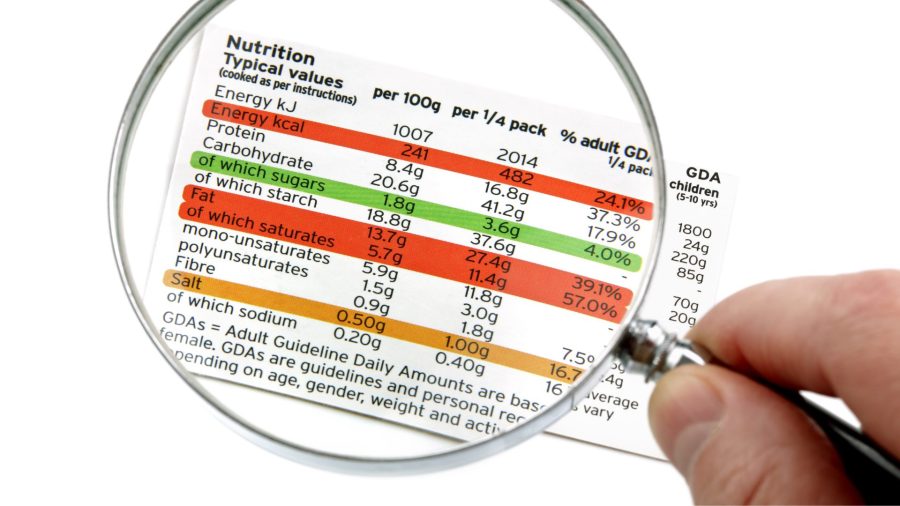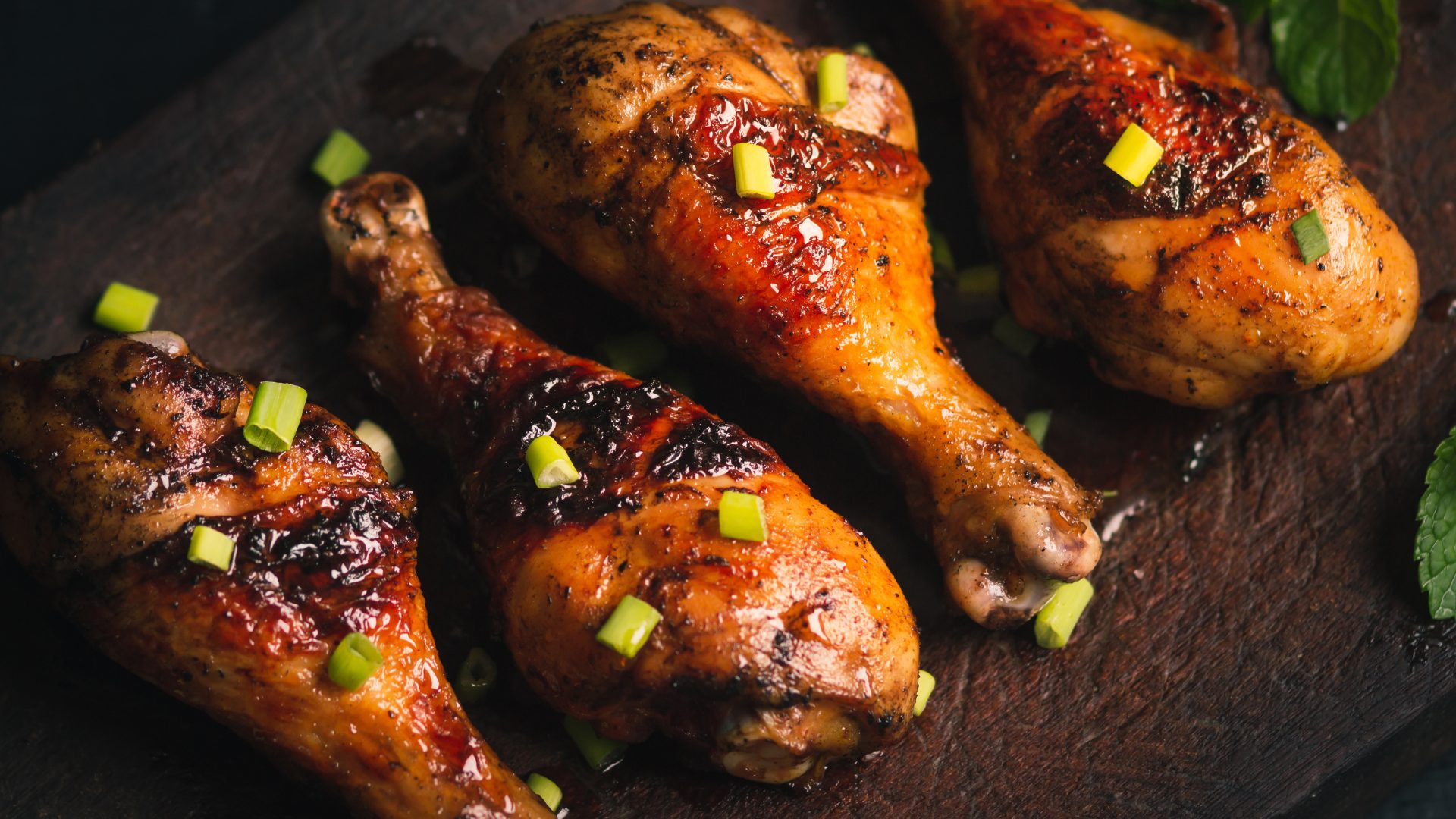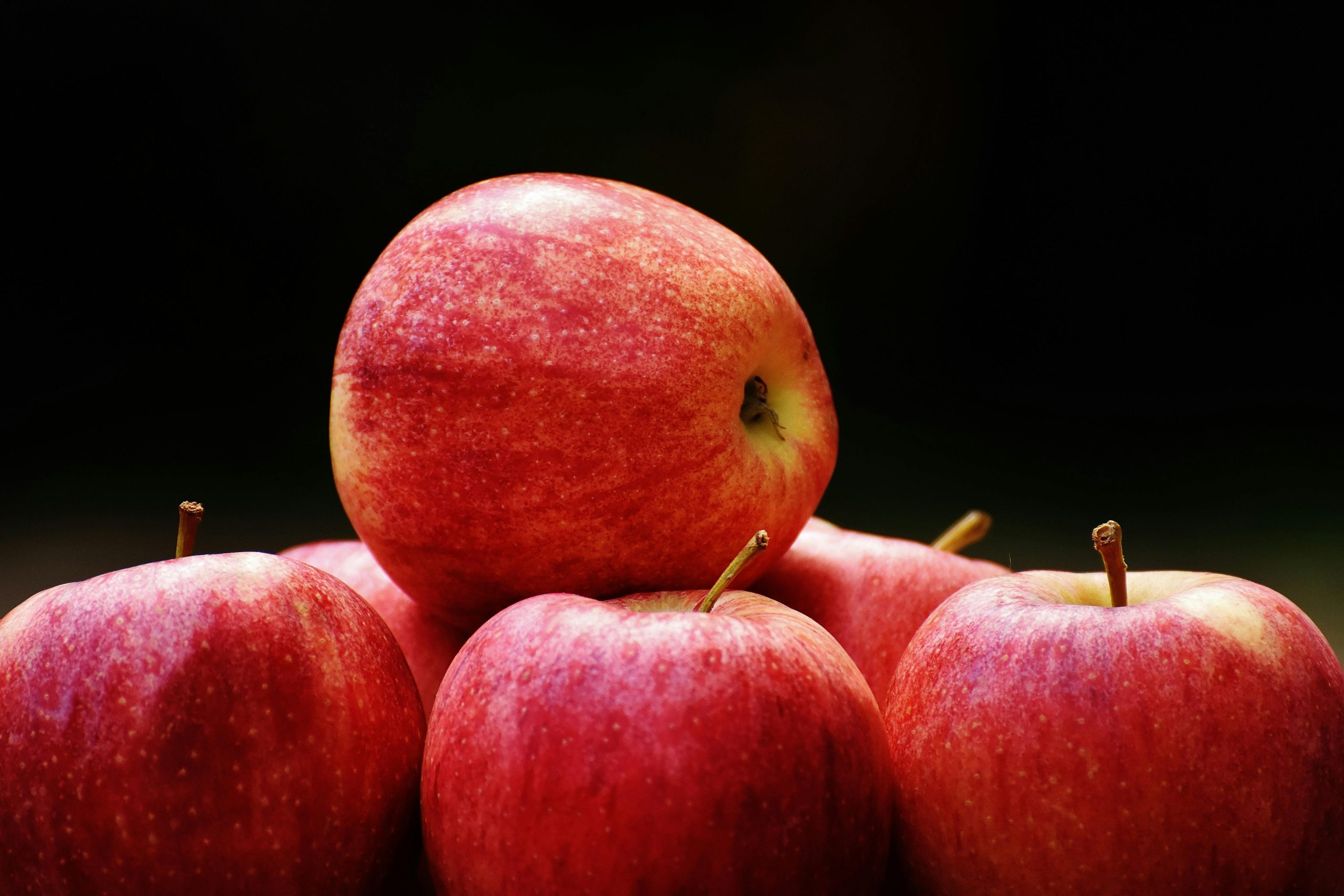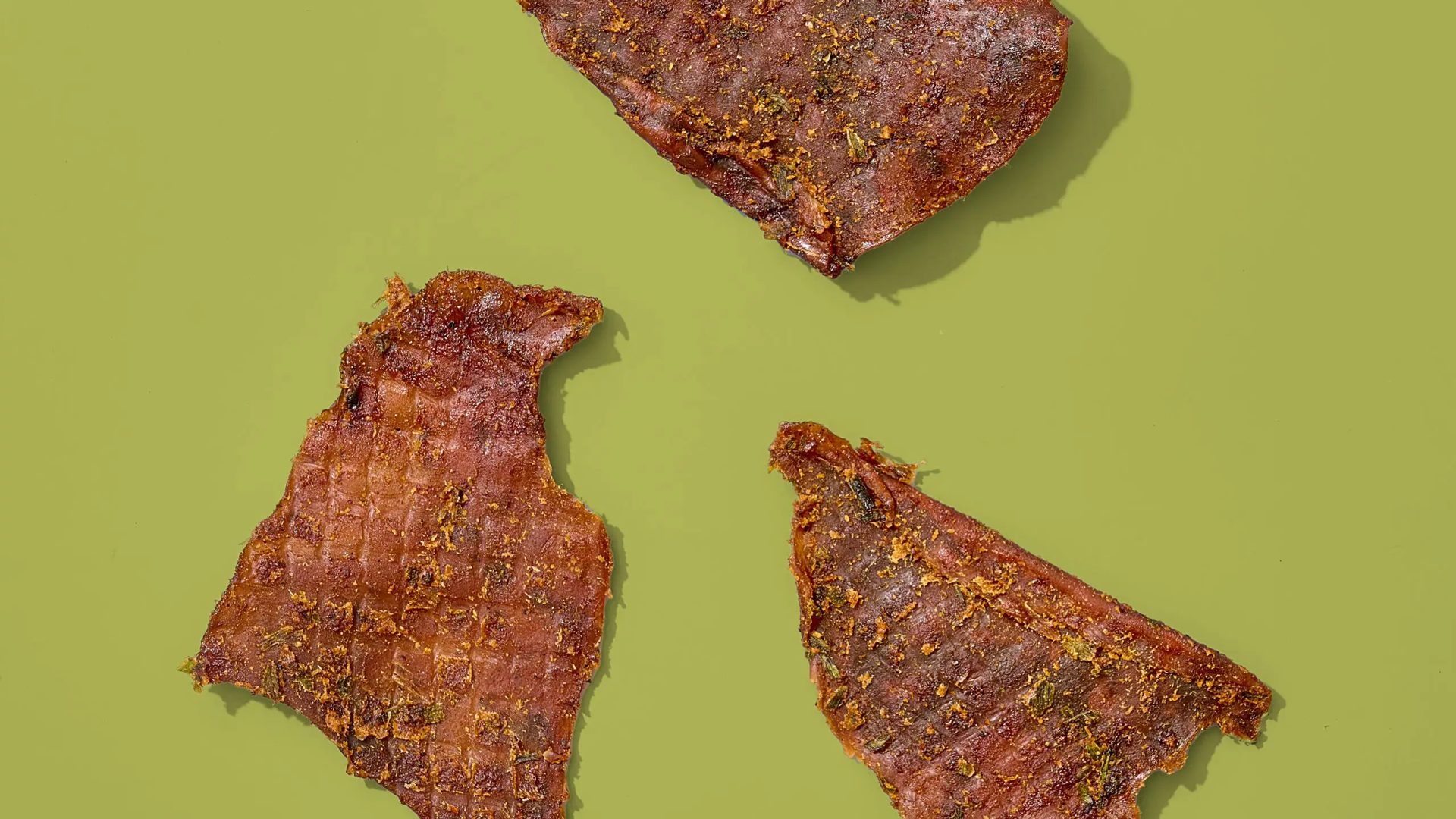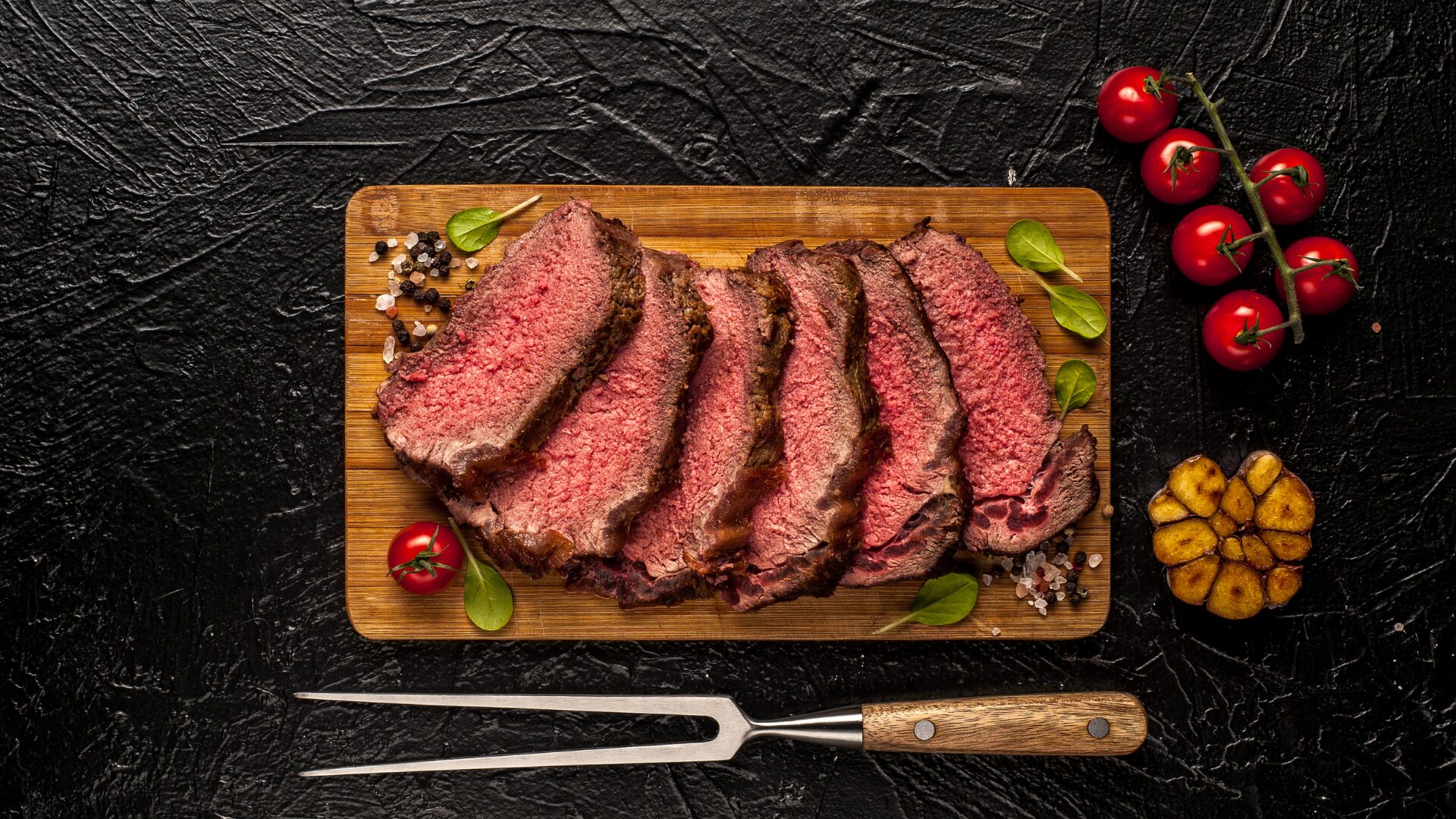Cargill announced it will eliminate trans fats in its products by the end of 2023 to help improve consumer diets, the first manufacturer to agree to new World Health Organization standards.
“Cargill became the first oils supplier to pledge to eliminate industrial trans fat across their edible oils portfolio. I hope this important commitment will inspire other oil suppliers to join the effort to help us eliminate industrial trans fat from the global food supply by 2023,” WHO Director General Tedros Adhanom Ghebreyesus tweeted.
Cargill said in the past quarter century, it has removed an estimated 500,000 metric tons of trans fats from the global diet. The company said it already is in 89% compliance with the WHO standard.
In other news:
Crop damage: The U.S. Environmental Protection Agency is investigating whether the weed killer dicamba is safe for soybeans and cotton, Reuters reported (Dec. 21). The EPA said some 3,500 crop damage claims have been received this year, involving some 1 million acres. The damage involved non-dicamba resistant soybeans, rice, grapes and trees.
“Right now, we don’t know whether over-the-top dicamba can be used in a manner that doesn’t pose unreasonable risks to non-target crops and other plants,” EPA assistant administrator Michal Freedhoff told Reuters.
Grafting: University of Cambridge scientists say a grafting technique once thought impossible and involving monocots and embryonic plant cells could revolutionize farming, increasing production and eliminating diseases for the world’s most imperiled plants, New Scientist reported (Dec. 22). The technique appears to work on such crops as pineapple, banana, onion, tequila agave, oil palm and date palm, as well as between species, the researchers said. They grafted wheat monocots to oat roots, which may protect the wheat from soil-borne diseases. In the past, it was thought grafting would work only for dicots.
Soybean, pork outlook: AgWeb reported (Dec. 21) traders predict farmers likely will move more acres from corn to soybeans in the coming year than previously forecast. Arlan Suderman, chief commodities economist for StoneX Group, predicted U.S. farmers will plant 89 million soybean acres in the spring. USDA had predicted 87.5 million.
Iowa State economist Lee Schulz told AgWeb (Dec. 20) the pork industry still is trying to recover from the pandemic, and prices will depend on consumer demand. Finding employees also will remain a problem, impacting supply.
Cattle census: Next month, the USDA National Agricultural Statistics Service plans to survey about 41,000 cattle operations nationally to project inventories. A full report is expected to be available at the end of the month.


